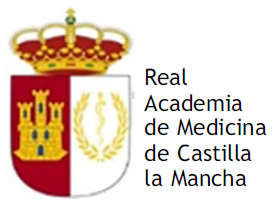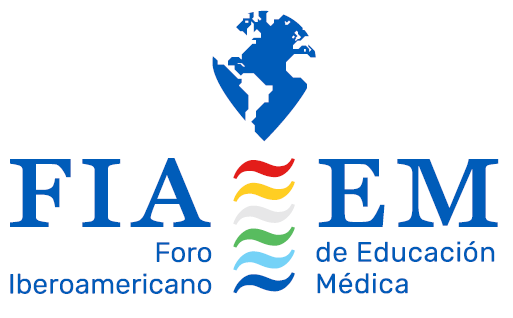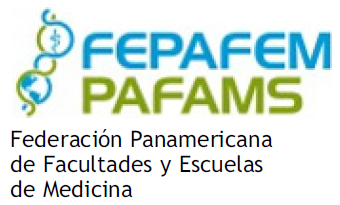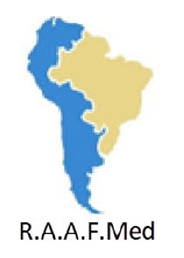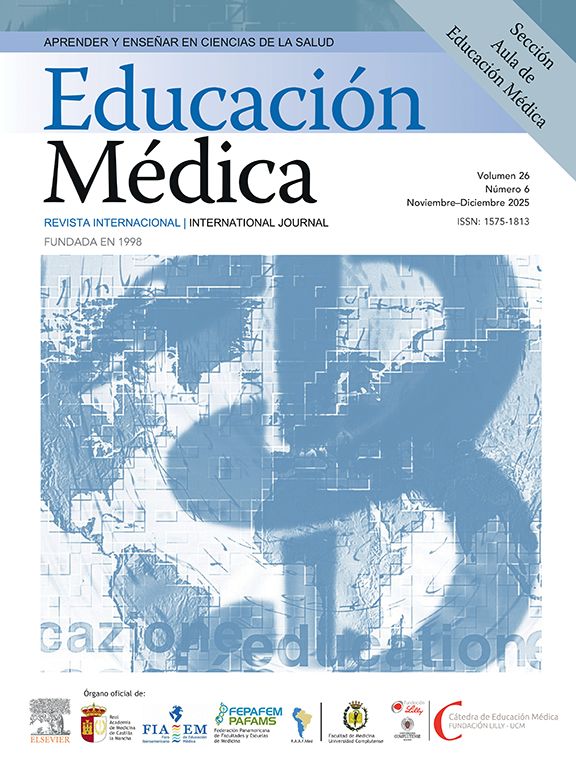
With the emergence of the COVID-19 pandemic, the implementation of social distancing, the interruption of the educational sector with contagion control policies that forced the closure of schools and universities, thus implementing the partial restructuring of study plans and evaluations, specific case Medicine, where the programs are divided into two components: initial preclinical university and clinical in the health field, this pandemic forced the students into a learning environment in which neither they nor the teachers were prepared. Online evaluations were implemented, and in some cases cumulative and formative performance was taken to evaluate them. In the case of online evaluations, there is a concern for honesty and fairness as they are not supervised.1 These changes in andragogy require preclinical students to meet in tutoring groups, employing problem-based learning and simulated patient interactions, while clinical students must seek access to patient care centers. Lecture-based teaching is not always easily delivered online, small group interactive sessions and clinical exposure are not always feasible, driven by connection issues. Exposing senior medical students to accelerated graduation and a front-line placement can exacerbate poor health as well as lead to mental problems. During the academic program, students are introduced to healthcare settings in a controlled manner. Throughout their clinical links, they operate passively, taking histories and observation procedures, the integration of medical education in the care process, in the current circumstances, clearly demonstrates their inefficiency. The programs tried to create a stable learning environment, however, it must be ensured that students have the necessary skills to develop adequately.2 Poor educational restructuring due to the spread of COVID-19 can be detrimental to the training of medical students, reflecting the need for a change in the paradigms of medical education, modifying current curricula in favor of medical training in the face of new possible pandemics.
Conflict of interestThe authors of this article declare no conflict of interest.




